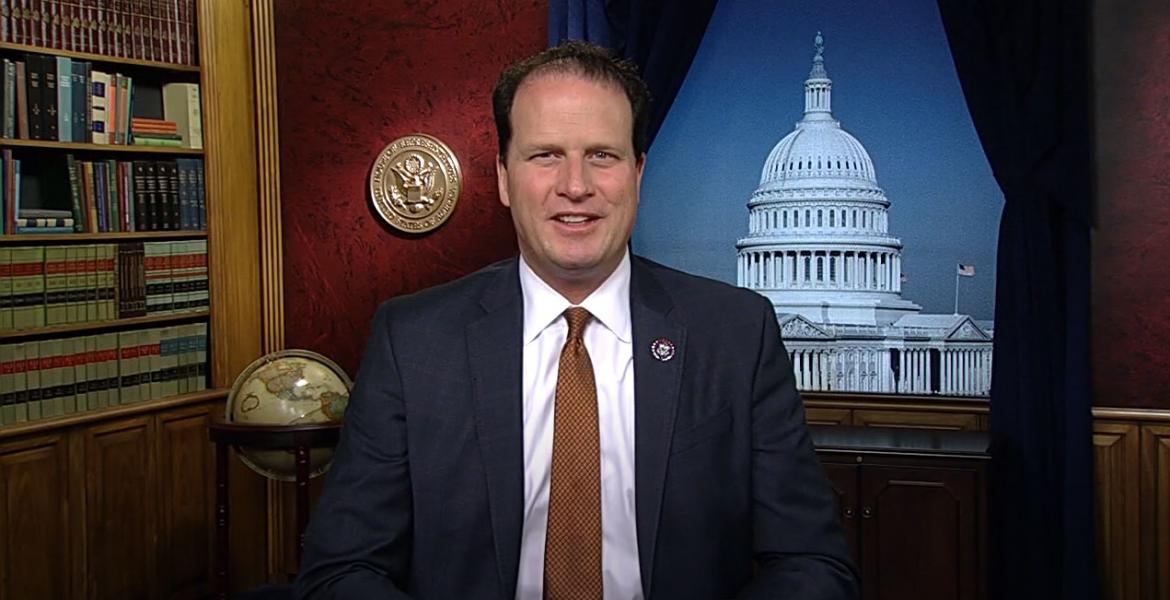AUSTIN, Texas — The Republican Party of Texas is gearing up for a crucial vote on March 5, 2024, as early voting begins today, Feb. 20, 2024, and extends through March 1, 2024. With 13 ballot propositions on the table, Republican voters across Texas will play a pivotal role in shaping the party's agenda for the upcoming legislative session.
Each proposition, though nonbinding, represents key policy priorities that party leadership aims to champion in the 2025 legislative session. Republican voters will have the opportunity to voice their support or opposition to each proposal.
Among the propositions are contentious issues ranging from taxation and immigration to education and foreign policy. Proposition 1 calls for the elimination of all property taxes in Texas without increasing the overall tax burden for residents. Meanwhile, Proposition 2 advocates for the creation of a Border Protection Unit and the deployment of additional state law enforcement and military forces to secure the border and combat illegal entry and trafficking.
Proposition 8, another notable measure, seeks to safeguard Texans' right to choose whether to consent to vaccines without coercion. Additionally, Proposition 11 aims to empower parents and guardians to select schools, whether public or private, for their children, with funding following the student.
Several propositions tackle immigration-related issues, including proposals to mandate the use of E-Verify by all employers (Proposition 3), end subsidies and public services for illegal aliens (Proposition 4), and oppose any form of amnesty for illegal immigrants (Proposition 5).
Foreign policy also takes center stage with Proposition 6, which calls for the prohibition of deploying the Texas National Guard to foreign conflicts without a formal declaration of war by Congress. Furthermore, Proposition 13 seeks to restrict the sale of Texas land to citizens, governments, and entities from certain countries, including China, Iran, North Korea, and Russia.
Other propositions address electoral integrity, such as Proposition 10, which advocates for amending the Texas Constitution to restore authority to the Texas Attorney General to prosecute election crimes, and Proposition 12, which proposes requiring proof of citizenship for voter registration.
Texas Republicans will have the opportunity to make their voices heard on these critical issues through their votes in the upcoming election. The outcome will not only influence the party's platform but also shape the direction of legislative efforts in the Lone Star State.
Subscribe to the LIVE! Daily
Required






Post a comment to this article here: